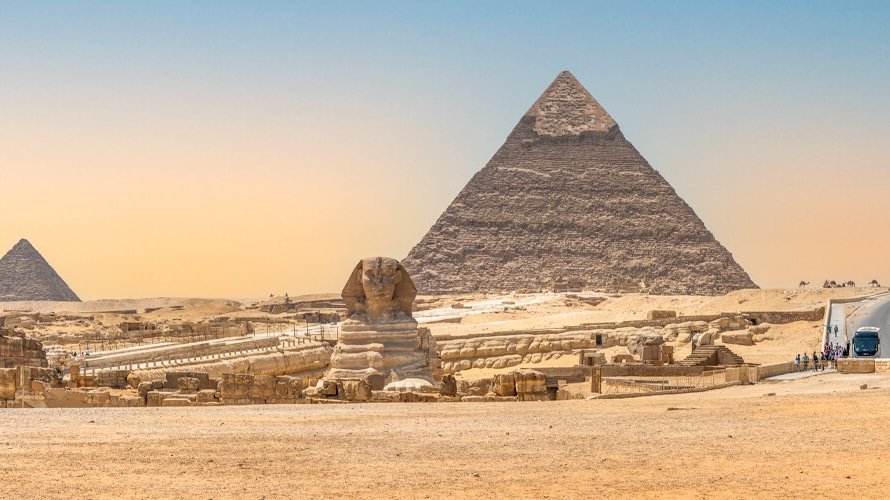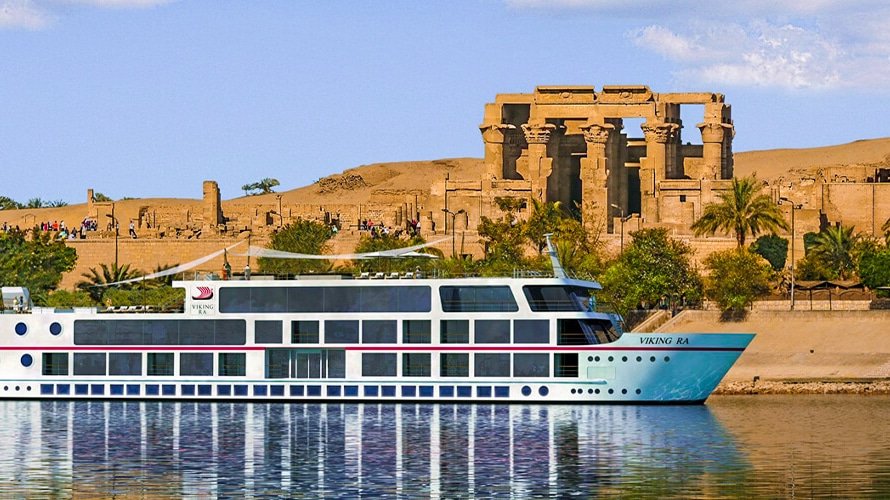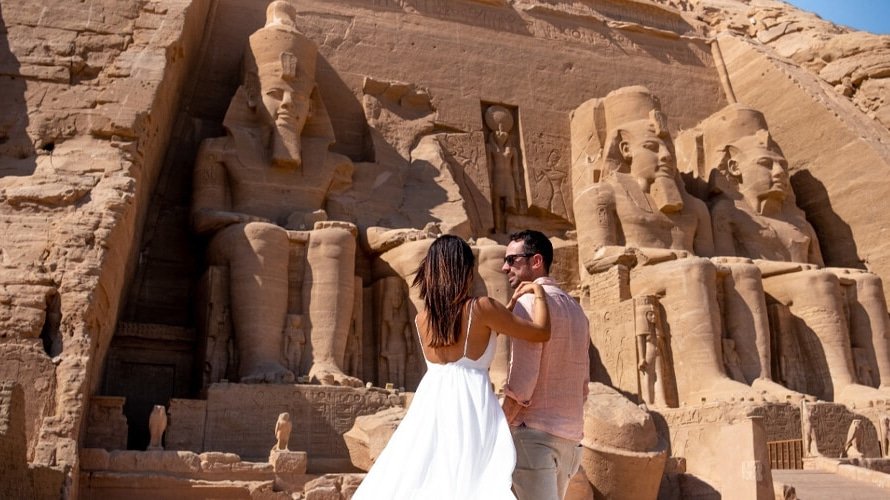Is Egypt a good place to visit? This question echoes in the minds of many travelers, drawn by visions of towering pyramids, enigmatic pharaohs, and the timeless flow of the Nile River. Egypt, with its ancient wonders and diverse landscapes, promises an experience unlike any other. But is it the right destination for you? In this article, we’ll delve into the pros and cons of visiting Egypt, providing an honest and balanced perspective to help you make an informed decision.
Let’s embark on this journey together! We’ll uncover the secrets of Egypt and explore both the enticing allure and potential challenges you might encounter on your travels.
Why Egypt is an Incredible Destination
Egypt’s Ancient Wonders and History
Egypt is a land where time seems to stand still. The Pyramids of Giza, monumental tombs of pharaohs, rise majestically from the desert sands as testaments to human ingenuity. Stand in awe before the enigmatic Sphinx, its gaze fixed on the horizon for millennia. In the Valley of the Kings, descend into richly decorated tombs where pharaohs, including the legendary Tutankhamun, were laid to rest. The temples of Luxor and Karnak form vast complexes, their towering columns and hieroglyphs whispering tales of gods and rulers.
Rich and Diverse Culture
Egypt’s culture is a captivating tapestry woven with threads of its ancient past, Islamic influences, and modern life. Visit bustling Cairo, where grand mosques stand alongside vibrant markets and modern cafes. Explore Coptic Cairo, the heart of Egypt’s Christian community. In smaller towns and villages, experience the warmth of Egyptian hospitality and witness a slower pace of life that has persisted for centuries.

Incredible Natural Landscapes
Beyond the monuments, Egypt boasts breathtaking natural beauty. The Nile River, the lifeblood of the country, winds its way like a verdant ribbon through the arid landscape. Cruise its waters at sunset, or venture into the lush Nile Delta. The Red Sea coast offers world-class diving and snorkeling amidst vibrant coral reefs and diverse marine life. Seek respite in the otherworldly landscapes of desert oases, where palm trees and clear springs offer a stark contrast to the surrounding sands.
Potential Challenges of Visiting Egypt
Safety Concerns and Precautions
It’s important to address safety concerns honestly when considering travel to Egypt. While the country is generally safe, it’s wise to be prepared and take precautions. Stay informed about current events and be aware of your surroundings, especially in crowded areas. Exercise caution when using ATMs, and avoid carrying large amounts of cash or valuables. Consider organized tours or reputable guides, especially if venturing off the beaten path. It’s also advisable to register with your embassy and have essential contact information readily available.
Crowds and Tourist Hotspots
Egypt’s most iconic sites like the Pyramids of Giza or Luxor Temple can attract large crowds. Be prepared for these conditions, especially during peak seasons. To manage expectations, adjust your travel times— consider visiting popular sites early in the morning or later in the afternoon. If you prefer a more tranquil experience, Egypt offers plenty of hidden gems. Research lesser-known temples, explore vibrant local markets, or immerse yourself in the natural splendor of desert oases and Red Sea coastal towns.
Cultural Differences and Respect
Showing respect for Egyptian culture is essential for a positive travel experience. Dress modestly, especially when visiting religious sites—cover your shoulders and knees. Be mindful of local customs, such as removing your shoes before entering mosques. While bargaining in markets is expected, do so with good humor and respect. Learning a few basic Arabic phrases like “Salaam aleikum” (hello) and “Shukran” (thank you) goes a long way in building rapport.
Important Note: It’s best to check with your government’s travel advisories for the most up-to-date safety information before your trip.
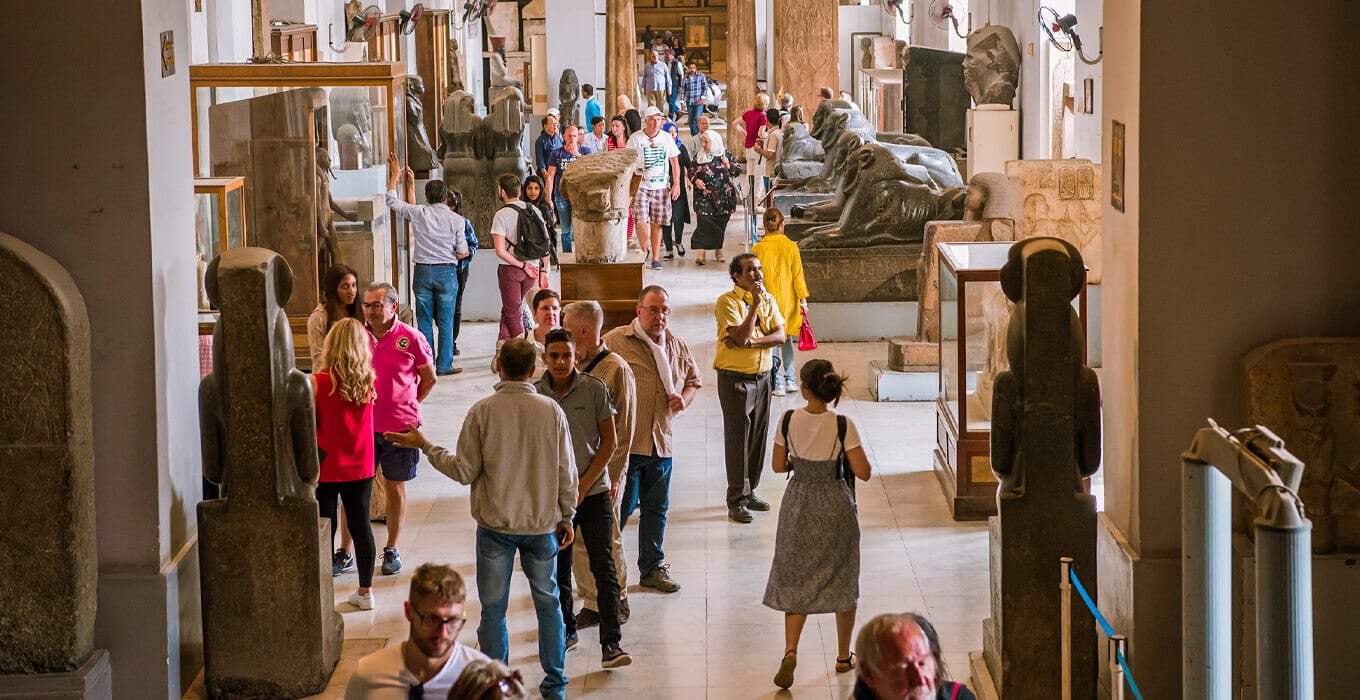
Planning Your Dream Trip to Egypt
Best Time to Visit Egypt
The ideal time to visit Egypt depends on your preferences. The shoulder seasons of spring (March-May) and autumn (September-November) offer pleasant temperatures and smaller crowds. Winter (December-February) boasts the best weather, but it’s also the peak season with higher prices and more tourists. Summer (June-August) can be scorching, especially in southern Egypt, but offers lower prices and fewer crowds if you can handle the heat. Consider major festivals like Ramadan and Eid al-Fitr, as these can impact travel logistics and opening hours.
Essential Things to Pack
- Clothing: Lightweight, breathable fabrics (linen, cotton) are ideal. Pack modest clothing that covers shoulders and knees, especially for religious sites. A scarf or shawl is versatile for sun protection and when entering mosques.
- Sun Protection: Sunscreen, hat, sunglasses, and potentially a light long-sleeved shirt.
- Footwear: Comfortable walking shoes are a must; sandals for beach areas.
- Medications: Any prescription medications, over-the-counter essentials (pain relievers, motion sickness tablets), and a small first-aid kit.
- Other Essentials: Insect repellent, reusable water bottle, portable charger, and hand sanitizer.
Egypt Travel Costs and Budgeting
Egypt can be an affordable destination, but costs vary depending on your travel style. Here’s a general breakdown:
- Accommodation: Budget-friendly hostels to luxurious hotels. Expect to pay more in popular tourist areas.
- Transportation: Domestic flights are convenient, while trains and buses are more affordable. Nile cruises offer a unique and often all-inclusive experience.
- Food: Delicious and inexpensive street food is widely available. Restaurants range from simple local eateries to upscale dining.
- Activities: Entrance fees to historical sites, guided tours, and other experiences like diving or desert safaris.
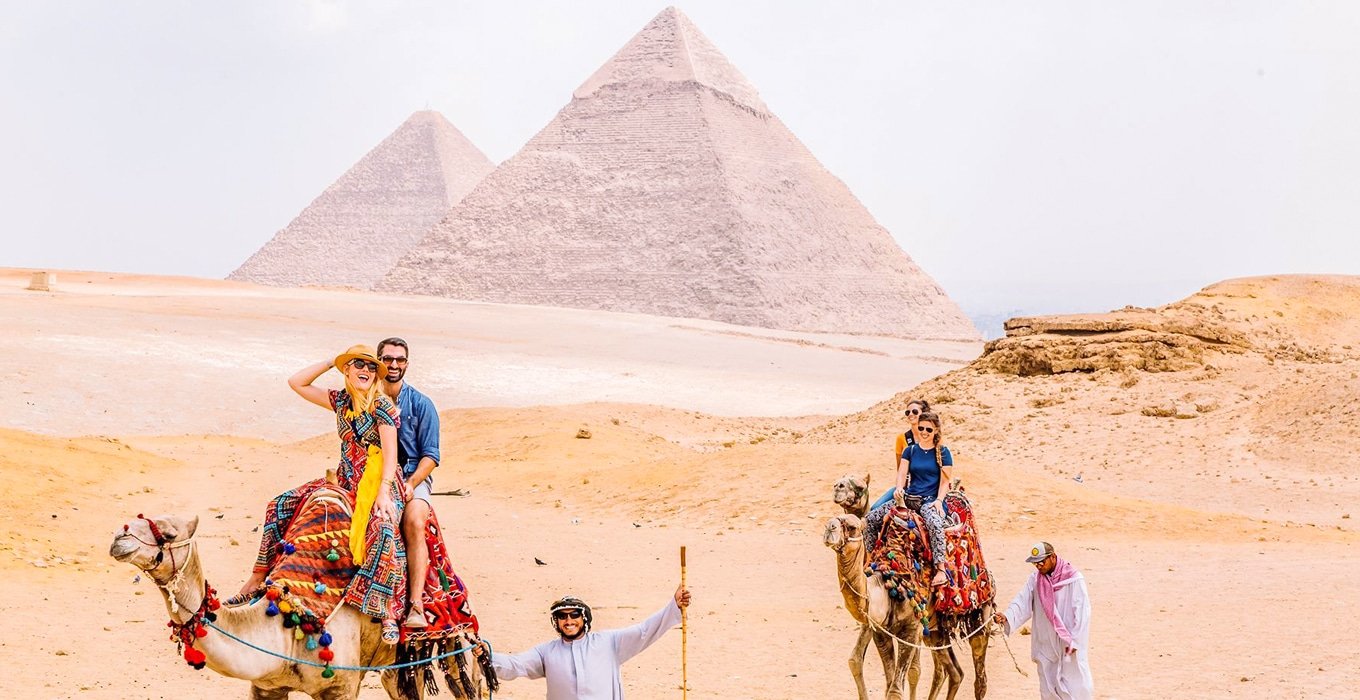
Tip: Research costs in advance and set a realistic budget. Consider all-inclusive packages for potential savings.
FAQs About Visiting Egypt
Is Egypt safe for solo female travelers?
Egypt, like many places, requires solo female travelers to exercise extra caution and awareness. While most Egyptians are welcoming and hospitable, women may experience unwanted attention or harassment. Dress modestly, avoid walking alone at night, and be firm and assertive if needed. Consider joining group tours or hiring reputable guides for added safety and support. Research women-only travel companies or women-friendly accommodations for an extra layer of comfort.
Do I need a visa for Egypt?
Most nationalities require a visa to visit Egypt. Visas on arrival are available at major airports for a fee. However, it’s always best to check your country’s specific visa requirements and apply in advance if necessary. Your local Egyptian embassy or consulate can provide the most up-to-date information.
What are some off-the-beaten-path places to visit in Egypt?
- Siwa Oasis: A desert paradise with palm groves, salt lakes, and ancient ruins.
- The White Desert: Experience otherworldly landscapes of chalk-white rock formations.
- Abydos: Home to one of Egypt’s best-preserved ancient temples with vibrant hieroglyphs.
- El Gouna or Dahab: Laid-back coastal towns on the Red Sea, known for excellent diving and watersports.
- Fayoum: A lush oasis region with waterfalls, salt lakes, and pottery villages.
How do I get around in Egypt?
- Flights: Domestic flights are the fastest way to cover long distances between major cities.
- Trains: A budget-friendly and scenic way to travel, especially between Cairo, Luxor, and Aswan.
- Taxis: Widely available in cities; negotiate prices beforehand or use ride-hailing apps.
- Nile cruises: A relaxing way to see many highlights along the Nile River.
- Organized tours: Offer convenience and expert guidance, especially for multi-day excursions.
Is it disrespectful to bargain in Egypt?
Haggling is an expected part of the shopping experience in markets and souks. Start with a lower counteroffer and negotiate with good humor. Be respectful, but don’t feel pressured to purchase if you’re not interested. It’s wise to have an idea of fair prices beforehand, and remember that some shops in tourist areas may have fixed prices.
Conclusion
So, is Egypt a good place to visit? The answer depends on what you’re searching for as a traveler. If you dream of walking in the footsteps of pharaohs, marveling at ancient wonders, and experiencing a vibrant blend of cultures, then Egypt wholeheartedly deserves a place on your bucket list.
Be prepared for crowds, potential hassles, and the need to adjust your expectations. But if you approach your trip with an open mind, a sense of adventure, and respect for local customs, the rewards will far outweigh the challenges.
Ultimately, the best way to decide if Egypt is right for you is to do your research, weigh your priorities, and trust your gut instinct. If the allure of the pyramids and the mystique of the Nile River call to you, go ahead and embrace the adventure! Egypt awaits.
Related Article to Read:





